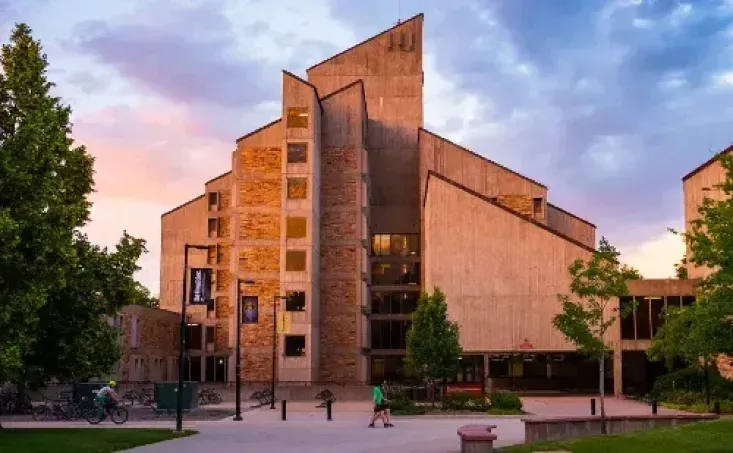What Helped me Succeed in the College of Engineering?

I completed my Bachelor's and Master's in Electrical engineering from the University of Colorado, Boulder. I qualified for a combined degree program allowing me to share some coursework between my undergraduate and master's programs. Also, combined with some advanced placement (AP) credit from courses completed in high school, I was able to complete both my bachelor's and master's degrees in 4.5 years. I graduated summa cum laude with one of the highest GPAs in the entire college of Engineering.
Also, I worked part-time for most of the semesters and had full-time internships each summer. I had quite a busy schedule during my school years, but somehow I managed to maintain a decent social life as well and often found myself helping my peers with questions and lab assignments. Looking back at my university days, I'm amazed by my productivity. I often ask myself, how did I do all that?
I try to connect the dots backwards here and outline specific actions and activities which were the building blocks of my success in the college of Engineering.
- Attend classes in-person and minimize distraction from others. We only reap the benefits of attending class if we're paying attention. I often found that focusing even half of the entire lecture's duration was sufficient to help me get started with assignments and use course material, textbooks and online resources to fill-in the gaps. Also, don't miss out on important announcements regarding any deadlines and upcoming pop-quiz which may easily be missed if not attending in person.
- Work part-time throughout the school year and full-time in the summer as an intern or assistant in your field of interest to gain hands-on experience throughout the school years. Being able to gain work experience in engineering/technology while studying was a game changer as it set me apart from majority of the crowd on my resume and gave me so much to wow the recruiters and interviewers with later down the line. Also, it helped build contacts, references and just better understand how this field works and what to expect.
- Make friends with classmates who are dedicated, hard-working and interested in learning as well. They say you are the average of the five people you spend most time with. I do agree with that, but make sure you're the one pulling the average in the right direction. You want to avoid getting in the habit of procrastination and laziness.
- Pick your lab partners wisely, you get the same grade as them for your lab assignments. If they know something better than you, then learn from them. If you can do something better, then help others understand and pay attention if they're interested in learning. Also, pay attention if they show up for lab assignments. If your lab partners are just looking for a free ride along, then consider switching groups next time.
- Attend office hours to ask questions on assignments or even to confirm your work which helps build a relationship with the professors and instructors. This is a great way to get some additional face time with professors to engage with them and find out more about any opportunities that may be suitable for you. College professors can be a great resource in connecting you to others looking to build a team or get help with certain tasks. They may also help you with recommendation letters, scholarships and award nominations.
- Read-up on the course material and lab exercises before the start of a semester to get a head start. This was particularly helpful with more advanced and graduate level courses requiring additional time to understand complex topics. Being familiar with the course material before-hand helped pace through the assignments and lab exercises to meet deadlines.
- Prioritize your time to finish assignments on time. There are many things competing for our attention throughout that day, but it's up to us how we prioritize our actions in the time we have. If I didn't prioritize completing my assignments over various other tasks, I would not have done well in my classes. I may still have been able to understand the coursework through various means, but credit is only earned when assignments are completed with quality work and on time.
- Take elective courses outside Engineering. This can be a good way to take a break from technically oriented engineering coursework and break our thinking pattern. Also, I really enjoyed walking across the beautiful campus outside the engineering wing and engage with a different crowd. I learned some interesting subjects including human geography, world religions, and the history of Jazz!
- Consider an independent study course. This provides a unique opportunity to perform some focused independent learning on a particular subject or project under the guidance of a professor. This is a great way to gain some research experience that can be a stepping stone to pursue a PhD under a professor. Also, it provides a way to learn more in-depth knowledge about a subject that may not be offered as a separate course in the curriculum.
These are the main highlights I can look back at and point to when someone asks me what they should do to perform well in engineering. In my last semester, before graduation, I interviewed with various employers for opportunities and was fortunate enough to receive 6 job offers that I could pick from. What helped me succeed in my interviews? What made me choose the job I finally accepted? I'll share my thoughts on this in my next post.
